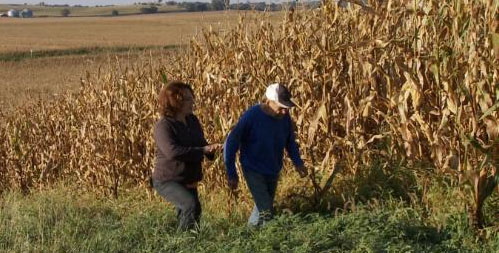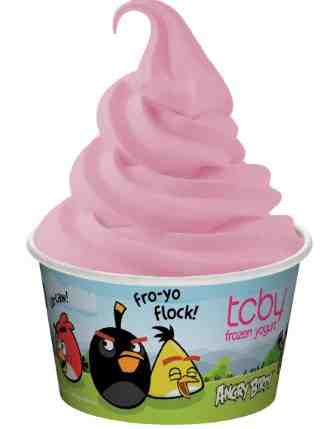Stonyfield Making Yogurt Cup of the Future
Stonyfield Farm, a leading organic yogurt company, introduces a yogurt cup made from plants. Now, every Stonyfield Farm multipack yogurt cup, including YoBaby, YoToddler and YoKids (as well as B-Healthy, B-Well, Probiotic & O’Soy), will be made from plant-based plastic.
According to the company, the new cup slashes carbon emissions by nearly half (48%) and places Stonyfield on the front lines of the growing sustainable packaging industry, a field expected to reach $142 billion by 2015.
Also Read:
Message from Earth: Organic Matters
Lactose Free Yogurts and Kefirs Hit Sales Stands
5 Tips for Moms to Make Healthy Food for Kids
The new cups look and feel just like the petroleum-based polystyrene cups they replace, the only difference is the new “Made From Plants” stamp on the bottom.
“Our new made from plants yogurt cup is the latest step in Stonyfield’s more than 20-year journey to make sustainable packaging that people can feel good about,” said Gary Hirshberg, Stonyfield’s president.
“Moms trust us to do the right thing and that’s something we take very seriously. We’ve worked hard to produce a plant-based cup that’s an easy way for moms to ‘pay it forward’ to their kids.”
Stonyfield’s new plant-based cup is said to be an important step toward the yogurt cup of the future. The cup is 93% made from polylactic acid, which at this time is made from corn.
Within five years, the US Department of Energy predicts that non-food plants will be viable alternatives. Until that time, Stonyfield uses an offset program to produce a sustainably grown amount of corn equal to the amount used for the cups.
Recycling is an important step that people can take to reduce the impact of some of the packaging they use, the company suggests.
Like the polystyrene plastic packaging it is replacing, the new plant-based cup is not recyclable in most communities due to lack of recycling infrastructure.
As demand increases, this will improve but, for now, Stonyfield’s new multipack cups should be placed with the non-recyclables.
Currently there are only two facilities that can process the material from recycling centers. As more plant-based plastics begin to be used by manufacturers, recycling centers will have enough demand to add recycling systems for plant-based plastic, and the ability to process the material will expand.
Moreover, Stonyfield says it is open-sourcing everything the company has learned about plant-based plastic so that other companies can give consumers what they really want – packaging that allows them to have their food and their planet, too.
Stonyfield introduced the new cup Wednesday, Oct. 13.





